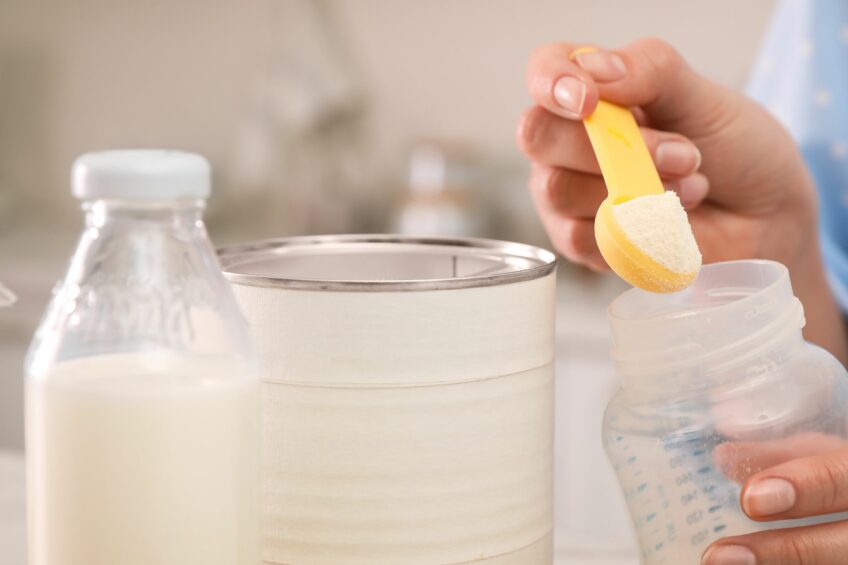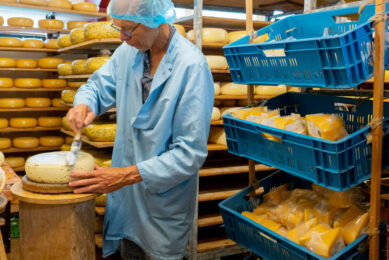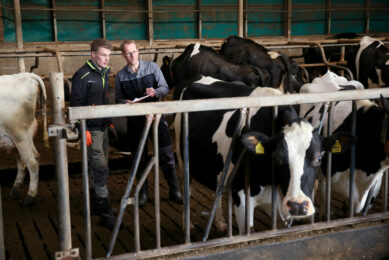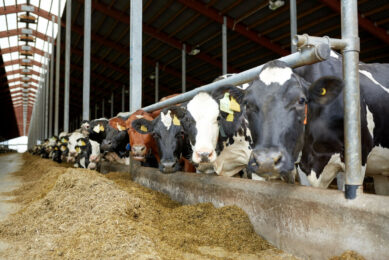Construction of major lactoferrin plant in Russia halted

Brazilian fund Capital Participacoes E Investimentos has postponed the construction of a major lactoferrin plant in the Nizhny Novgorod region indefinitely.
Lactoferrin is a protein found naturally in the milk of humans, cows, and other mammals. It has antiviral and antibacterial properties and helps the body transport and absorb iron. It is also widely used in the production of bioactive supplements, human nutrition applications, infant formula and cosmetics.
Under the agreement signed in 2023, the Brazilian investors planned to pump 120 billion rubles (US$1.5 billion) into a plant that would process 670,000 tonnes of milk per year to manufacture lactoferrin. The plant was expected to be one of the world’s largest. However, the fund recently began the process of liquidating its Russian subsidiary, local newspaper Kommersant reported.
Unclear status
A development corporation – a regional body facilitating investments – told the publication that the project had not been abandoned completely. The regional government is reportedly seeking local investors to set the wheels into motion, calling the project “ambitious, but unlikely to be implemented”, citing Russian analysts.
“The technical and financial details of the project are being clarified, and negotiations are underway with potential Russian partners,” the authorities revealed.
Hurdles
Dmitry Matveev, owner of the Kabosh company, a prominent Russian dairy processor, commented that about 35 tanks of milk per day will be required to keep the facility running. He is hesitant that the Brazilian player had enough resources to make these plans real.
The Nizhny Novgorod region is not yet among the top 15 Russian regions in terms of raw milk production, meaning the possible lactoferrin plant may have difficulty sourcing the raw material in the required quantities. The project’s postponement could also have significant economic implications for the region, as it was expected to create a large number of jobs and stimulate local milk production.
There’s no point in building the plant for the Russian market alone, Artem Belov, general director of Soyuzmoloko, a Russian dairy industry union, said in 2023, adding that the plant should primarily focus on exports instead. He estimated that the global lactoferrin market was valued at US$200 million, though it had the potential to more than double, reaching US$500 million by 2026-2027.
Join 13,000+ subscribers
Subscribe to our newsletter to stay updated about all the need-to-know content in the dairy sector, two times a week.










